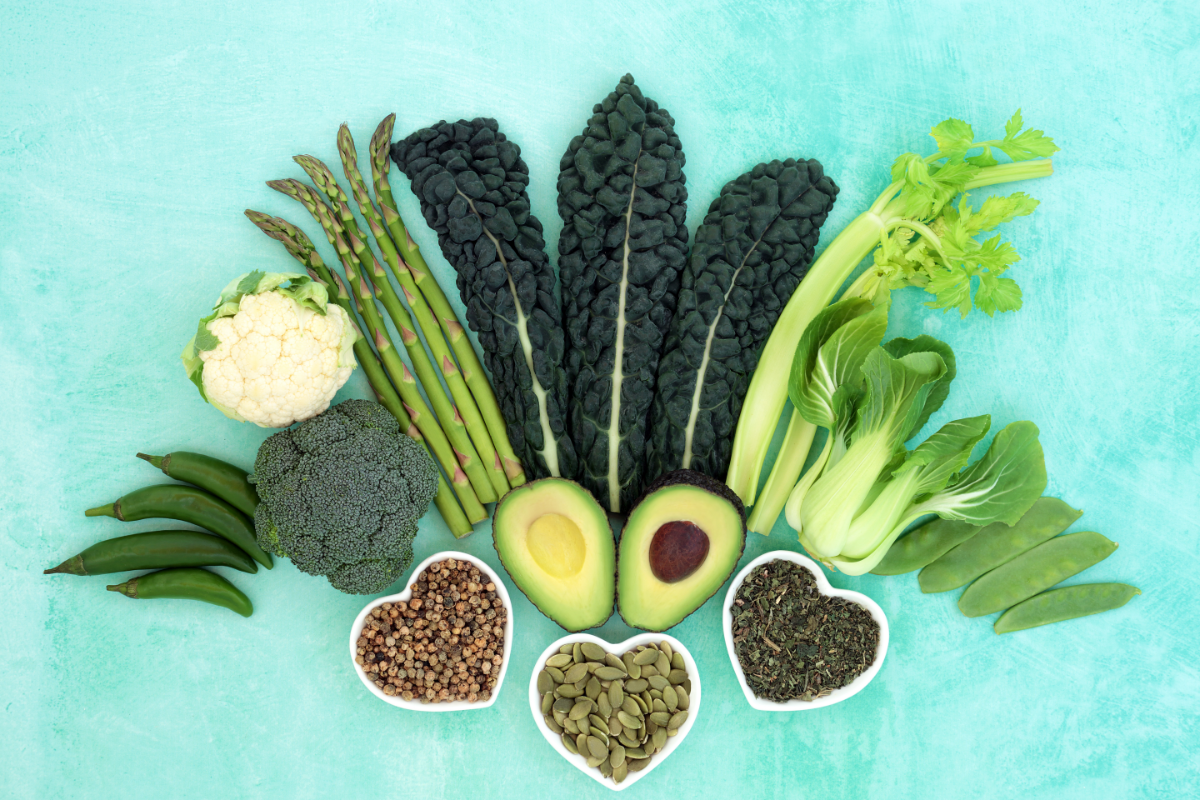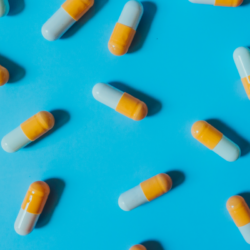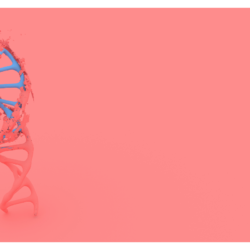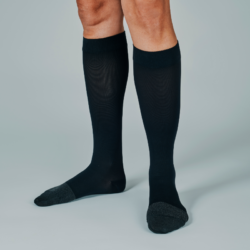High levels of LDL (low-density lipoprotein) cholesterol in the blood increase the risk of heart attack and stroke. That is why it is important to learn how to maintain a ‘healthy’ cholesterol level. Let’s take a look at what food let’s take a look at the different types of cholesterol and supplements we should be taking on a daily basis to optimise our cardiovascular health.
The different types of cholesterol:
If your doctor has diagnosed you with high cholesterol, he or she has most likely prescribed statins. This is a treatment used to lower the LDL-cholesterol level. In addition to the medication, it is important to change your diet and improve your overall health. There are two types of cholesterol:
- Low-density lipoproteins (LDL), also known as “bad” cholesterol
- High-density lipoproteins (HDL), also known as “good” cholesterol.
It is better to have low LDL and high HDL. People who are overweight or sedentary are more likely to have high LDL levels.
Where does cholesterol come from?
The liver gland is responsible for making cholesterol. In addition, some foods contain cholesterol, especially trans fatty acids and saturated fatty acids. In fact, these fatty acids cause the liver to produce more cholesterol.
What foods are rich in trans
fatty acids? The main foods that contain naturally occurring trans fatty acids are dairy products and meat. Technological trans fatty acids are used in the food industry as stabilisers and preservatives. They make food firmer and more stable and therefore less likely to go rancid. They are therefore found in many processed food products such as pastries, pizzas, quiches, etc Industrial bread products, pastries and biscuits are thus ranked second among the foods that contribute to trans fatty acid intake. Other products that contribute to trans fatty acids include margarines, chocolate bars and certain ready-made meals.
What to eat to lower bad cholesterol?
Fortunately, there are foods and dietary supplements that can help lower LDL levels, along with dietary control and increased physical activityIt is important to talk to your doctor before deciding to use alternative treatments such as
Soluble fibre
Soluble fibre draws water into the intestines, thereby softening the stool and regulating transit. It also reduces the absorption of cholesterol into the bloodstream. They are found in fruit, vegetables, wholemeal bread, oatmeal, etc.
Psyllium
Psyllium blond is a fibre from the plant Plantago ovata. It can be found in the form of capsules or in powder form to be mixed into your drinks or food preparations. Studies have shown that regular consumption of psyllium can significantly reduce cholesterol levels. It also relieves constipation and can reduce blood sugar levels in diabetics.
Phytosterols
These are actually waxes that come from different plants. Phytosterols limit the absorption of cholesterol in the intestines. They are mainly found in fruits, vegetables, oilseeds and seeds.
Soy protein
Another way to lower LDL levels? Eat more soy protein ! Indeed, this is what a study published in 2019 by The Journal of Nutrition. Researchers examined 43 trials to assess the effect of soy on LDL levels (high LDL levels can lead to a build-up of cholesterol in the arteries and increase a person’s risk of cardiovascular disease). ) In conclusion, they found that, on average, consuming 25 grams of soy protein per day over a six-week period reduced LDL levels by about 3-4%, which is a small but significant amount.
Ginger
One study showed that eating ginger can lower LDL levels while raising HDL levels. It is very easy to add ginger to your daily diet, in fruit juices, yoghurts, etc. or to consume it in the form of food supplements.
Rice bran oil
Extracted from the outer layer of the rice grain, rice bran oil is capable of lowering cholesterol levels Sources https://pubmed.ncbi.nlm.nih.gov/18222665/ https://pubmed.ncbi.nlm.nih.gov/19250134/ https://pubmed.ncbi.nlm.nih.gov/18813412/ https://www.ncbi.nlm.nih.gov/pmc/articles/PMC3399949/ https://www.ncbi.nlm.nih.gov/pmc/articles/PMC5409663/ https://pubmed.ncbi.nlm.nih.gov/27311126/







